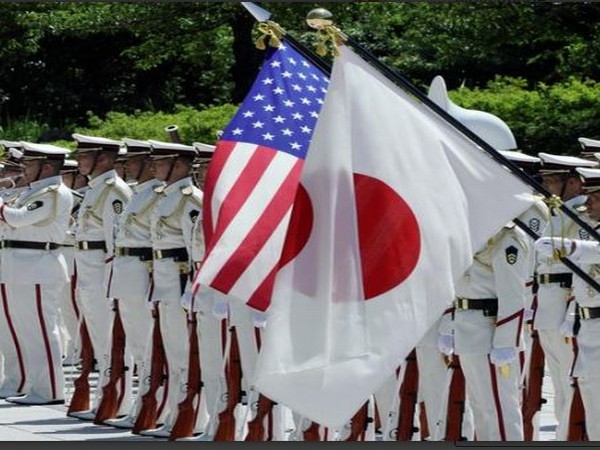US, Japan reaffirm their alliance a cornerstone of peace in Indo Pacific
US Secretary of State, Antony Blinken, had a telephonic conversation with Japanese Foreign Minister Hayashi Yoshimasa during which he emphasised Washington's commitment to work closely with Japan and other allies to advance their shared vision of a free and open Indo-Pacific.

Washington: US Secretary of State, Antony Blinken, had a telephonic conversation with Japanese Foreign Minister Hayashi Yoshimasa during which he emphasised Washington's commitment to work closely with Japan and other allies to advance their shared vision of a free and open Indo-Pacific.
The two leaders reaffirmed that the US-Japan alliance is the "cornerstone of peace, security, and prosperity in the region and globally", according to the US state department.
This comes amid China's rising assertiveness in the Indo-Pacific region.
Also Read |
US stands with people of Myanmar as they strive to restore democracy: Blinken
Amid China's military rise, Japanese Prime Minister Fumio Kishida on Thursday met with the commander of the US Indo-Pacific Command and agreed to strengthen their alliance for a free and open Indo-Pacific.
Japanese PM Kishida and US Admiral John Aquilino shared concerns regarding China's unilateral attempts to alter the status quo in the region and exchanged views on North Korea's test-firing of missiles, Kyodo News reported citing the Japanese government.
The US Indo-Pacific commander committed to "deliver a free and open Indo-Pacific, and peace and stability and prosperity for the region." Aquilino also met with Japanese Defense Minister Nobuo Kishi and newly appointed Foreign Minister Yoshimasa Hayashi on Thursday.
Also Read | Trump, Abe say U.S. and Japan have agreed in principle on trade deal
The Indo-Pacific region is largely viewed as an area comprising the Indian Ocean and the western and central Pacific Ocean, including the South China Sea.
Beijing claims sovereignty over almost the entire South China Sea and has overlapping territorial claims with Brunei, Malaysia, the Philippines, Vietnam and Taiwan.
China's territorial claims in the South China Sea and its efforts to advance into the Indian Ocean are seen to have challenged the established rules-based system. (ANI)
 Dynamite News
Dynamite News 